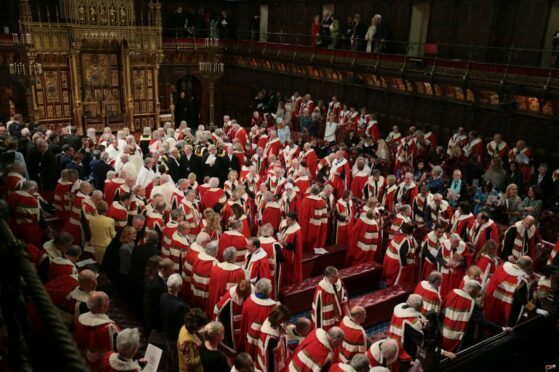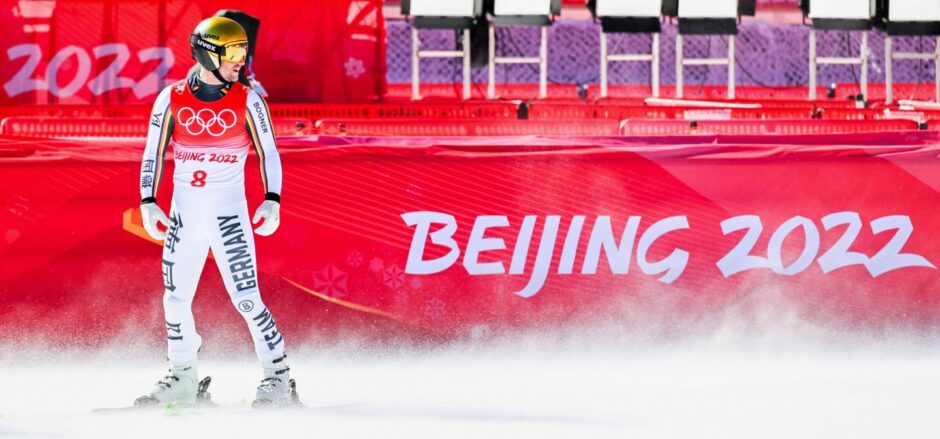
The government’s long-promised Levelling Up plans were launched last week, almost three years since “closing the gap between the richest and poorest parts of the country” was announced as the Conservative Party’s flagship manifesto policy.
It does seem like quite convenient timing, doesn’t it?
For weeks now, Boris Johnson has been frantically fending off criticism for the multiple parties allegedly held at Downing Street during lockdown (I believe we are up to 16 “gatherings” now, but who can be sure?). So of course it makes sense to send out the so-called Levelling Up Secretary, Michael Gove, to reel off a few soundbites. If you don’t like the news, change it.
I watched Gove talk about his plans to “shift both money and power into the hands of working people” on one of the breakfast TV programmes the other day, and his message was so trite, so well-rehearsed, so lacking in any real information, I still don’t think I know what levelling up actually means. But doesn’t it rather assume that there’s been some “levelling down” over the years?
Apparently, the strategy aims to improve services such as education, broadband and transport across the country, creating more regional mayors, similar to Andy Burnham in Greater Manchester, and spending money more effectively on local priorities. In short, the London-centric policies that are currently the norm (levelling down south, if you like) will eventually become a thing of the past. Eventually is the key word here, as the proposed plans will take until 2030 to be fully implemented.
Summing up his ambitions, Gove told BBC Breakfast: “For far too long, the United Kingdom, England in particular, has had an economic powerhouse in London and the south-east but not everyone has shared in that success.” Yes. And the sky is blue.
Why are politicians only now waking up to the unfair situation that has occurred on their watch? It’s most likely because politicians like Johnson, Gove, Sunak and Patel don’t know what the challenges really are in these areas – nor, I suspect, do they care to find out.
Here’s a fine example of how out of touch they are with what voters actually want and need. Speaking to Times Radio about the levelling up plans, Gove suggested the House of Lords could move to Scotland while the Palace of Westminster was being renovated. He said: “I think it’d be a really good thing if the House of Lords were to meet for at least part of the time in Glasgow or in York. I think it would do us all good.”
Naturally, his thoughts were met with ridicule from many Scots – the idea that having a group of unelected peers move offices would somehow aid Scotland and the north is, frankly, ridiculous.
Throughout the pandemic, we have seen time and time again that the Tories care more about making the rich even richer than policies that would actually benefit the man on the street. You only need to look at the enormous amounts of money that have been invested in businesses owned by friends of the Conservative Party to know which side their bread is buttered on.
Last week in politics has made me angry, and I’m sure I’m not alone. With so many lies and untruths swirling around Westminster, I can’t believe anything that comes out of their mouths – particularly when policies, but no actions, are trotted out to make us forget that we’ve been lied to again and again.
Cash, politics and sport: Let the Games begin
Holding a global sporting event during a pandemic is hard enough, but organisers of the Beijing Winter Olympics have much more on their plate than just coronavirus restrictions.
We all wish that politics could stay out of sport, but unfortunately – especially when the host county is China – the two all too often go hand in hand.
The Games are being held during a particularly fraught political climate, which centres on Chinese human rights abuses, and countries including the UK, US, and Australia have announced a diplomatic boycott of the opening ceremony.
What’s more, there is so much worry about potential state surveillance of Westerners, many countries have asked their athletes to take burner phones with them to use during their stay.
Seriously, I thought burner phones only existed in Line Of Duty.
The athletes competing in Beijing have spent four years preparing for the biggest event of their lives, and they are currently being over-shadowed by political agenda, which is really sad to see.
These days, so many of the decisions made in sport ultimately come down to money, with organising committees placing more importance on sponsorship deals and worldwide television coverage than the competitors and showcasing sport, which certainly seems to be the case with these Winter Games. The same goes for the decision to hold the World Cup in Qatar.
I hope, for the athletes’ sake, any political divisions and divides can be put aside, and the focus remains well and truly on sporting achievement for the next two weeks.

Enjoy the convenience of having The Sunday Post delivered as a digital ePaper straight to your smartphone, tablet or computer.
Subscribe for only £5.49 a month and enjoy all the benefits of the printed paper as a digital replica.
Subscribe